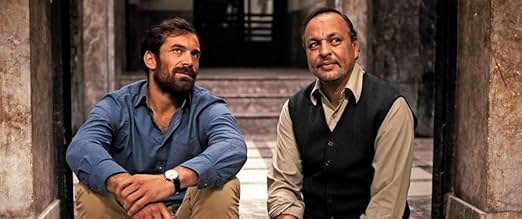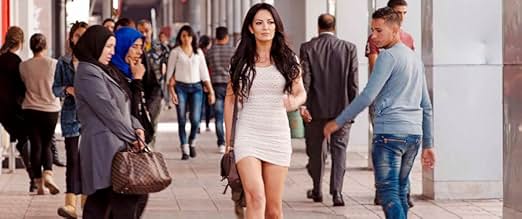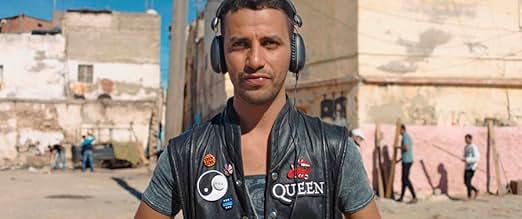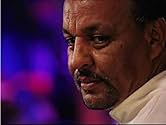The film contrasts the romantic idealistic setting/themes in the WWII movie Casablanca with five separate, eventually interconnected sub-stories, of near present day Casablanca (1990s-2015). The movie presents crushed hopes, weariness, religious and nationalistic intolerance (e.g. Arabic being forced upon rural Berber children), anger, juxtaposition of Judaism and Western dance/song decadence as well as gay acceptance (shown cleverly with the band Queen as backdrop) all playing against growing Islamic intolerance.
The following, perhaps important, but not clear?
We see the traditional Moroccan Shikhat, a privately held dance party for females, but it's significance wasn't clear to me. The title, perhaps government response to the 2015 student protests and looting.
























